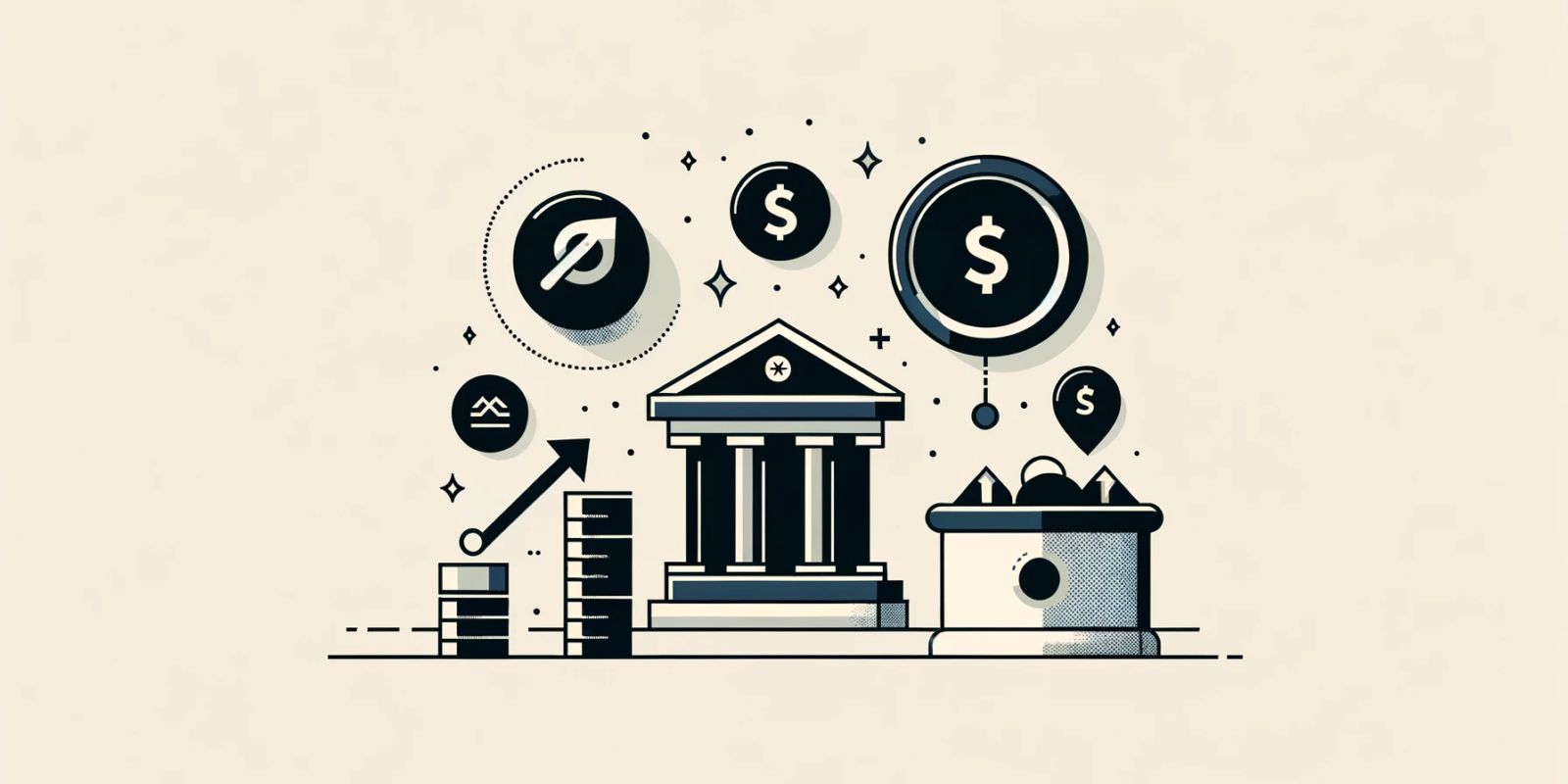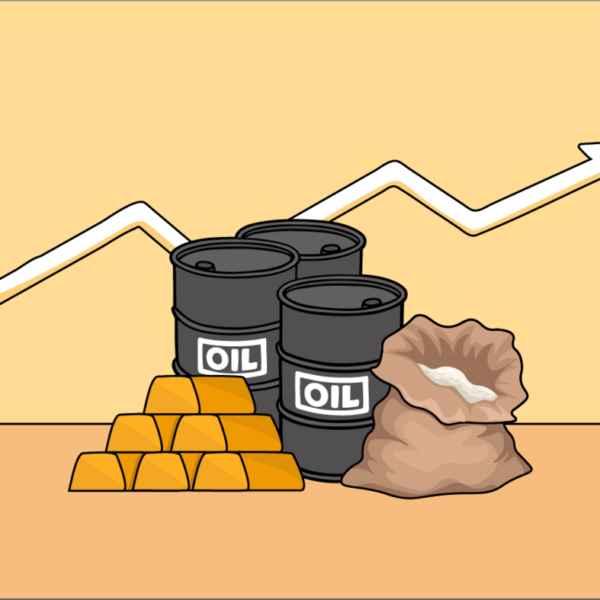This section discusses your options for cash, debt, shares, property, commodities, hedge funds, and other investments. Each has unique risks and rewards. We apologize for oversimplifying; many of you may already know this. This note covers the essentials and may raise further questions. If uncertain, seek a financial advisor.
Cash
The simplest asset is cash. Exchange rate swings make currency appreciate only compared to other nations’ cash. Investing in cash requires remembering that interest may be lower than inflation for lengthy periods. Any investment loses value due to inflation. Depositing money with a bank or building society is like lending it money (crossing the border between cash and debt). In this instance, the bank/building society may not repay you. Fortunately, this is unusual and the UK government can repay you up to £85,000. If you have more than £85,000 in cash, consider depositing with several banks/building societies. This is true for other investments as well: the longer you lock up your cash, the greater the interest rate. Recently, peer-to-peer lending has gained interest. As the name says, this is debt, not cash. Instead of lending to the bank, you lend to a person or firm. This is what the bank would do with your money anyhow, so you’re simply taking out the middleman. However, the bank loans little amounts of your money to many different borrowers (diversification) and is theoretically extremely cautious about who it lends to. Peer-to-peer lending is less diversified and has a greater default risk. This kind of investment usually yields higher interest rates since the lender (you) wishes to compensate for the risk.
Debt
Debt investments vary. These assets are most often maintained for income rather than capital gains. They are usually classified by who the borrower is, how risky the debt is (the chance of being repaid), how long before it is due, what security the lender has (for example, can the lender seize the borrower’s property if the debt is not repaid on time), and what rate of interest is charged. Divide the interest received by the debt value to get the yield. The higher the interest rate on debt investments, the riskier they are, as it compensates for the risk of losing money if the borrower defaults. The UK calls government debt Gilts, the US Treasuries, Japan JGBs, Germany Bunds, and France OATs. While Argentina and Greece are exceptions, lending money to governments is often safer than to domestic enterprises. Government bonds have lower interest rates than company debt because reduced risk implies lower return. Many traditionally safe nations, such as the UK, US, Japan, and many Eurozone members, have borrowed heavily and manipulated their interest rates in recent years. Some investors consider this unsustainable. As seen above, if rates rise from 2% to 4%, debt value halves. There are many methods to invest in company debt. Corporate bonds are typical stock exchange debt, but banks offer many other trading debt types.
Equity shares
Companies issue shares. You own a corporation if you own all its shares. Most private firms’ shares aren’t traded on a stock market. Private equity involves institutional investment. Private / unquoted companies may be lucrative, but they are tougher to transform into cash than public ones, therefore you should expect a larger return. Public/quoted corporations must follow rules, educate investors, and have their records examined to trade shares. Private enterprises, particularly tiny ones, have less regulations. A listed firm shareholder receives dividends and capital gains as the share price rises. If there are more buyers than sellers, share prices increase and vice versa. Shares are bought when investors are optimistic about the firm. This enthusiasm may be fueled by record earnings and sales or less certain items like sales growth estimates. Share prices are variable and affected by external factors. Remember that many firms borrow money, making them riskier.
Property
Owning a home exposes you to property. Consider this before investing here. Residential properties perform differently from offices, retail stores, industrial, and logistics facilities. Property is similar to shares in that it generates income and may generate capital gains from rent increases or developing new or renovated property. If you’re smart and diversified, investing in property directly would need a lot of money. Smaller investments in funds or REITs may be simpler. However, many property businesses and funds borrow money to boost profits, making them riskier.
Commodities
Some invest in gold, silver, iron, wheat, oil, and wood. Because commodities don’t offer an income and some cost money to keep, individuals invest in them for capital gains. Physical commodity prices are erratic, making this a high-risk investment.
Hedge Funds
Hedge funds engage in derivatives, which offer you the right to purchase or sell an asset at a preset price in the future. Derivatives may reduce risk and boost profits without borrowing. Hedge fund minimum investments are often $250,000, making them unworkable for diverse portfolios. You may invest lesser amounts in this sector via funds.
Cryptocurrencies
Crypto assets are digital entities that show ownership via online public ledgers. They originate, verify, and secure transactions using encryption, peer-to-peer networks, and DLTs like blockchain. They may be used for trade, storage, or commercial reasons. Central banks, authorities, and governments seldom control crypto assets. Distributed ledgers hold electronic records shared and copied across multiple sites and maintained by this decentralized network. All network participants must approve each new transaction before it is put to the ledger. Blockchain is a distributed ledger that chains data pieces. This unique data structure makes blockchain transactions irreversible, adding security. Blockchains are renowned for recording bitcoin transaction histories, but they can store many forms of data.
Alternatives
Several assets don’t fit into any of the other categories. Funds invest in aviation, reinsurance, life insurance, solar, wind, and infrastructure. These have different risks and advantages. If you don’t grasp an investment, stay with something simpler. This applies to all investments.
FAQ
- How should I start making small-scale investments?
- First, decide on your financial goals and create a budget. You may begin investing on a few different websites with little amounts. Consider low-cost investment options include mutual funds, index funds, and robo-advisors. These can offer variety without needing large upfront costs.
- Is it safe to invest in stocks?
- Market volatility is one of the fundamental risks associated with stock investment. However, it can be safe if done correctly. Make sure your assets are diversified, do in-depth research, and consider long-term outlooks in order to lower your risk. It’s important to understand that all investments have some risk and that past performance does not guarantee future results.
- When ought I to liquidate my investment?
- Selling an investment need to be consistent with your investing strategy and financial goals. Consider selling if:
- Your goal for this investment has been achieved.
- There has been a significant change in the asset or its sector.
- You should rebalance your investments.
- We’ve updated your investing thesis.
- Selling an investment need to be consistent with your investing strategy and financial goals. Consider selling if:



